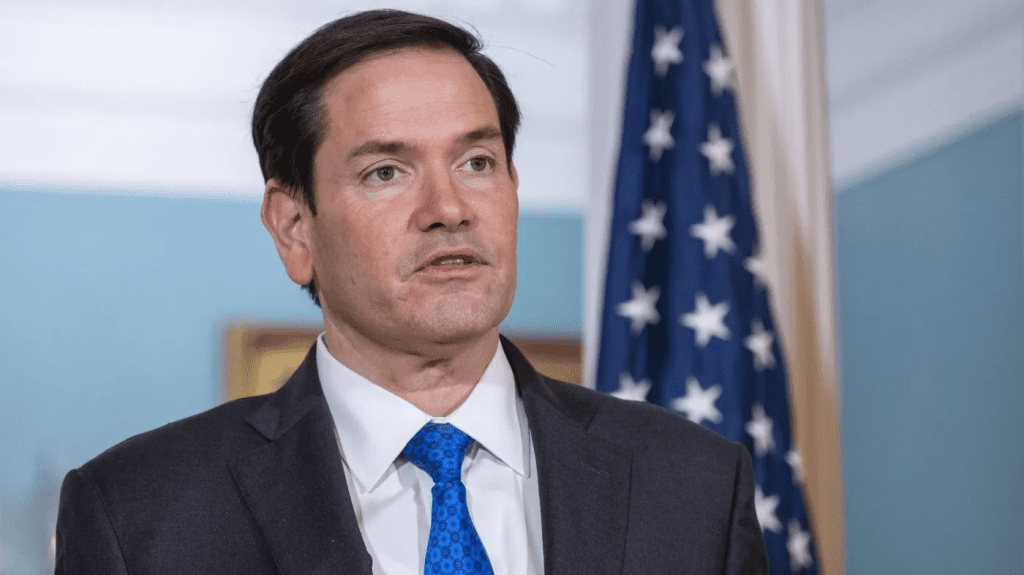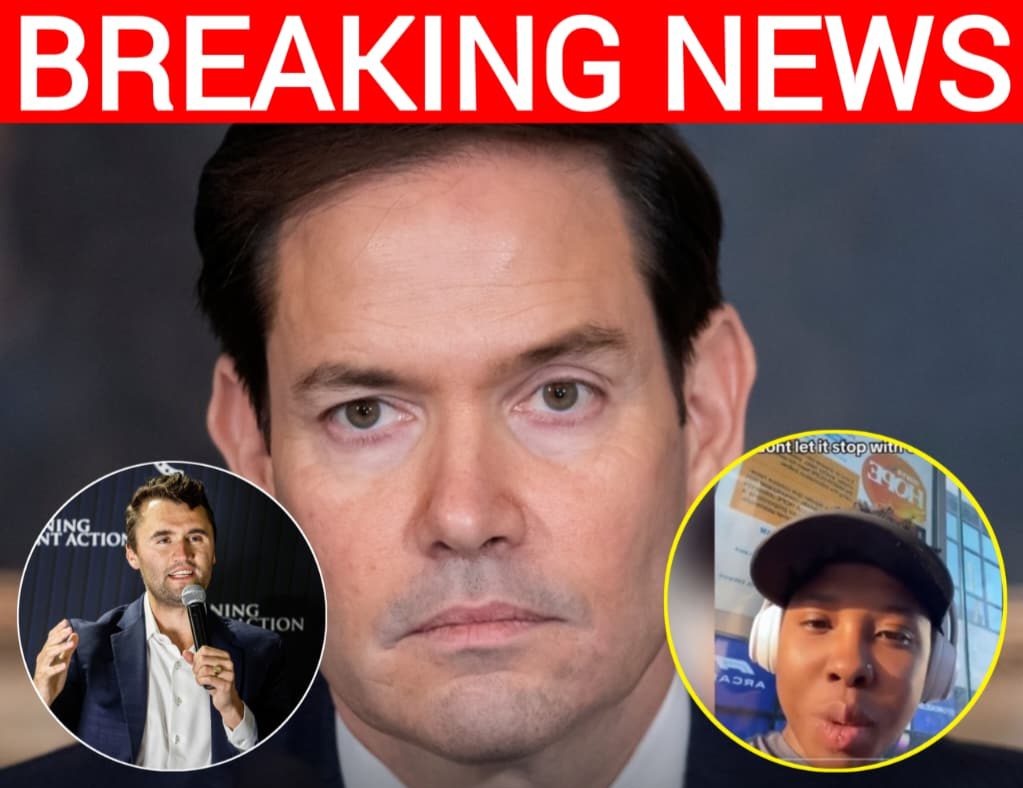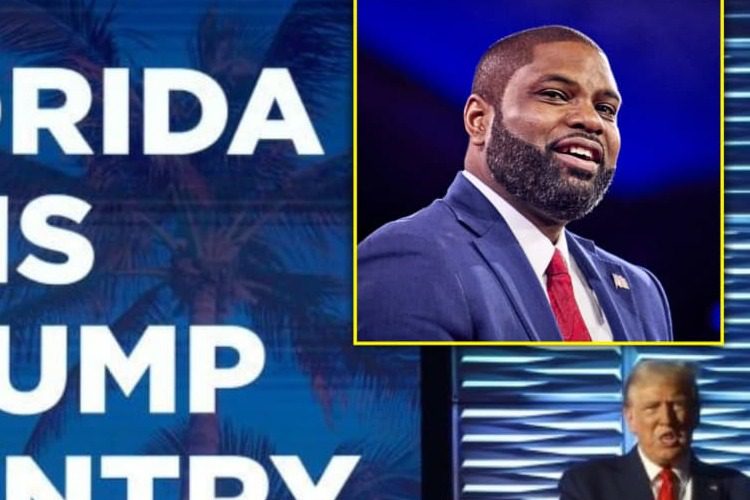Secretary Marco Rubio Confirms Visas Will Be Blocked And Revoked For Foreigners Who Celebrated Charlie Kirk’s Killing
The ripple effects of Charlie Kirk’s assassination continue to shake the country, and the latest development has come from Secretary Marco Rubio. In a strong and unapologetic statement, Rubio confirmed that visas belonging to foreigners who openly celebrated Kirk’s killing will be blocked and revoked. It is a move that instantly drew headlines because it goes beyond symbolic outrage and takes direct action against those who, in the eyes of the administration, crossed a line by cheering on the death of a prominent American figure.

Rubio’s words were firm, carrying the weight of someone who believes the country has been far too lenient in allowing individuals into the United States who do not share its basic values of respect and human dignity. “We are done bringing people into our country that hate us,” he declared, making it clear that the decision is not just about punishing celebratory remarks but about sending a broader message. In his view, immigration is a privilege, not a right, and those who demonstrate open hostility toward America and its people should not be allowed to stay.
The backdrop of this announcement is a nation already divided and deeply wounded by Kirk’s assassination. For many, seeing foreigners celebrate his death online or in small gatherings was salt in the wound, a reminder of how quickly global politics and social media commentary can inflame domestic tragedy. Parents, students, and ordinary citizens who admired Kirk’s work expressed outrage that anyone would find joy in his passing. Rubio’s decision attempts to turn that outrage into policy, creating consequences for those whose actions, even if made online, reveal disdain for the very country they wish to live in.

Critics, however, have raised questions about the balance between free expression and punishment. They ask whether celebrating an event, however offensive, crosses the line into something that should result in deportation or visa revocation. Supporters of Rubio’s plan counter that this is not an abstract debate about free speech, but a matter of national integrity and security. They argue that when foreign nationals express joy over the killing of an American activist, it is not just tasteless but a signal of deeper hostility that the government cannot ignore.
What is clear is that this move is likely to be remembered as one of the boldest responses to Kirk’s assassination so far. Immigration policy has always been a flashpoint in American politics, but linking visa status directly to public behavior around a national tragedy takes it into new territory. Rubio has positioned himself not just as an administrator carrying out rules but as a protector of American values, drawing a hard line that some find reassuring and others find unsettling.
The emotional reaction across the country shows why the announcement matters so much. People are grieving, angry, and searching for a sense that justice is being pursued on every level. For Kirk’s supporters, the idea that individuals could cheer his death felt like an insult to his family, his work, and the movement he built. By promising to send those individuals home, Rubio is offering a response that feels immediate and decisive. Whether or not it stands up to legal scrutiny in every case, it sends a loud signal that America is unwilling to tolerate contempt from those who live within its borders.
This story is still developing, but one thing is certain: the assassination of Charlie Kirk has triggered a chain of events far beyond the courtroom or the investigation into his killer. It has become a moment of reckoning over what kind of behavior America will accept, what responsibilities come with the privilege of living in the country, and how leaders will choose to respond when those values are tested. Rubio’s decision marks another step in that unfolding narrative, one that is sure to keep the nation watching closely in the weeks ahead.



